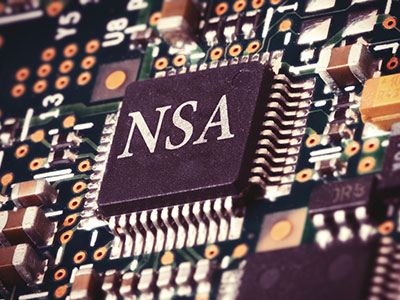The paradigmatic trade secret is something that is obviously technical, such as source code or the formula for Coke. Though trade secrets protection is not limited to technical trade secrets, it can sometimes be tricky to claim trade secrecy over non-technical trade secrets, such as customer or employee contact lists, that are commercially valuable yet may seem more accessible and therefore less secret. California Code of Civil Procedure Section 2019.210 compounds the issue by requiring a plaintiff to make a detailed disclosure of trade secrets as a precondition to frame the discovery to come. Section 2019.210 therefore immediately places an often-challenging decision upon the plaintiff—selecting what it should claim as trade secrets in litigation. READ MORE
Securing your Network: Claiming Contacts as Trade Secrets











